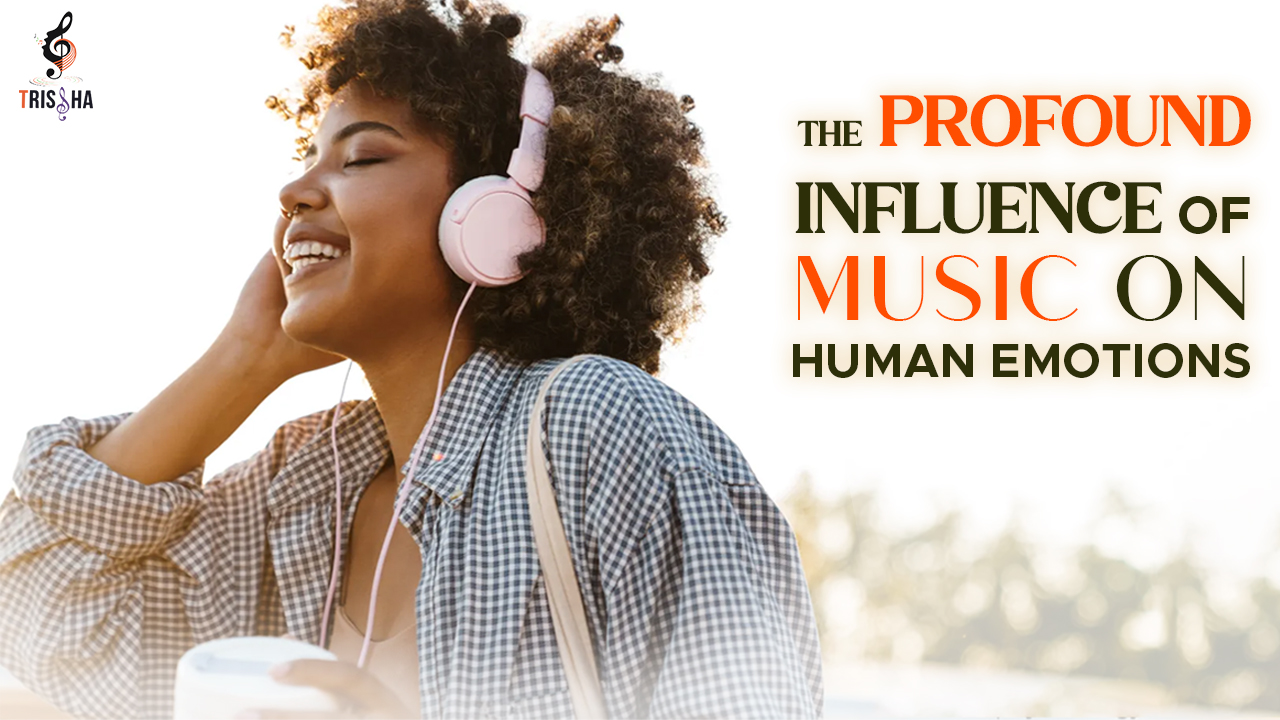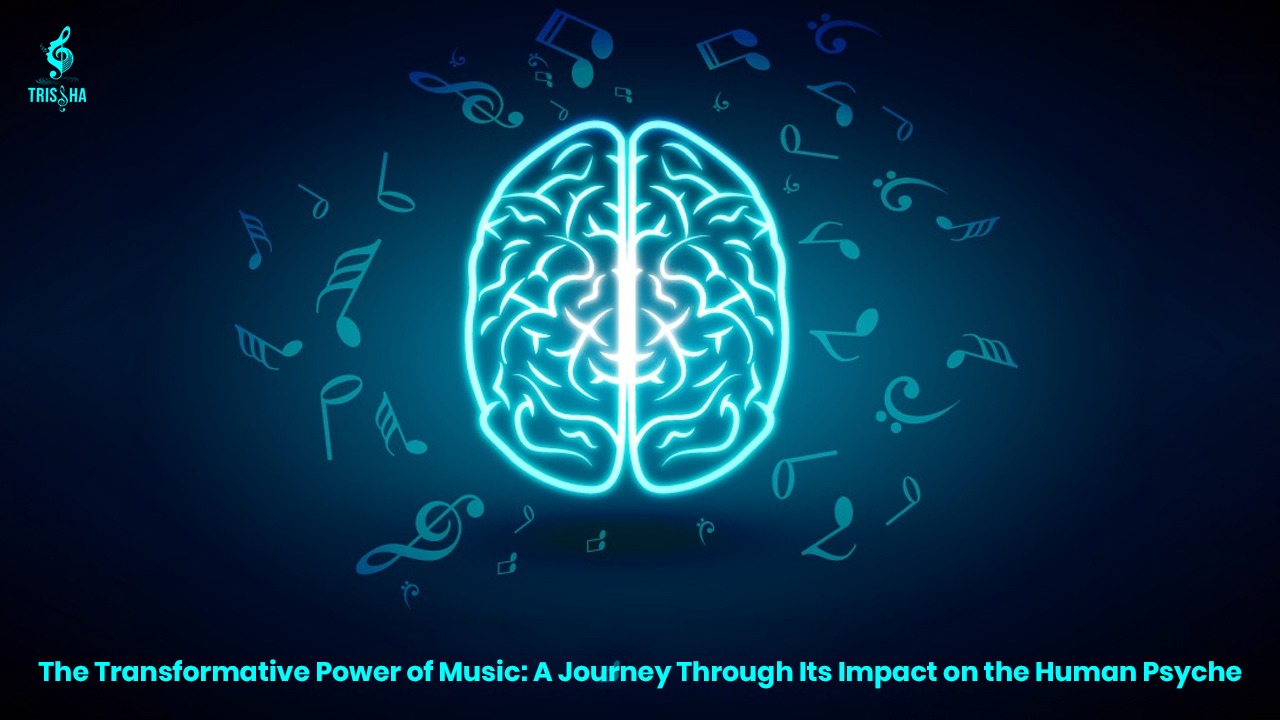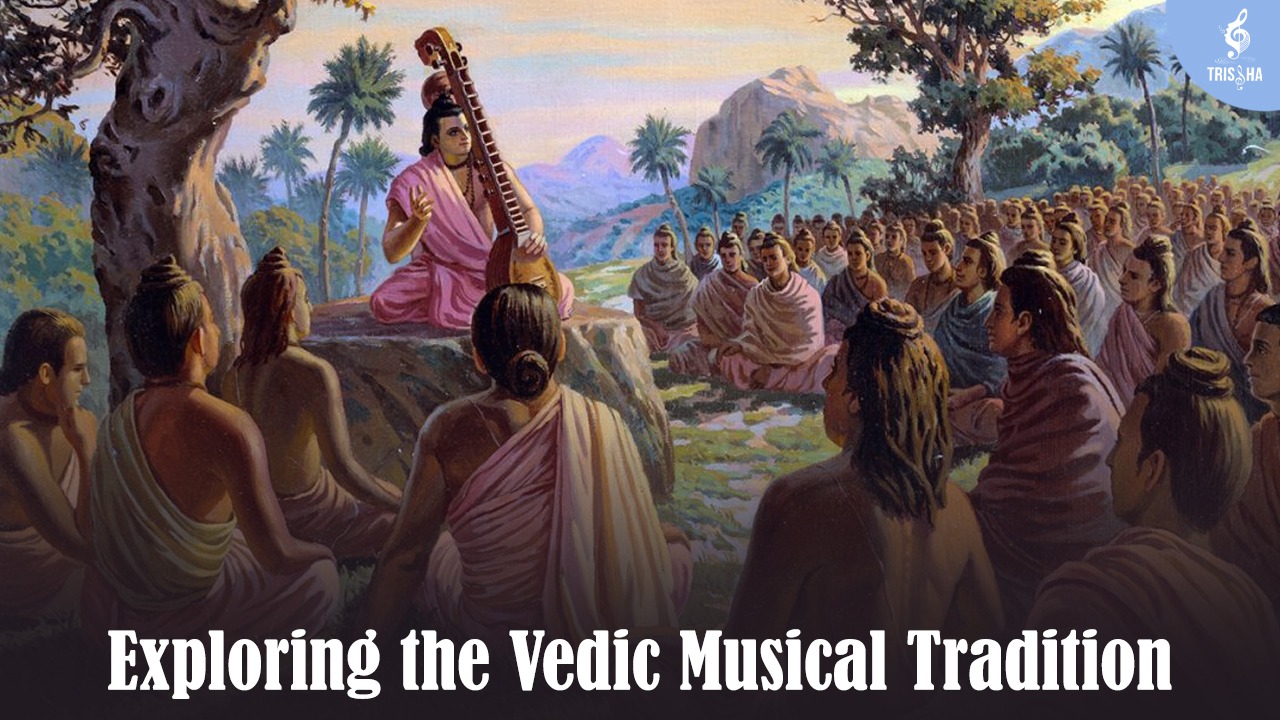The Profound Influence of Music on Human Emotions
Music, an art form that transcends language, culture, and time, has long been recognised as a powerful force in shaping human emotions. From the rhythmic drumbeats of ancient tribes to the intricate symphonies of classical composers, music has the unique ability to evoke feelings, memories, and even physical responses. Its impact on the human psyche is profound, offering both solace and stimulation and serving as a universal medium through which emotions are expressed and experienced. This blog explores the vital role music plays in influencing human emotions, delving into its psychological, physiological, and social dimensions.
The Psychological Connection
At its core, music is a form of emotional communication. It has the capacity to convey complex feelings that words alone often fail to express. Whether it is the melancholic strains of a violin or the uplifting crescendo of a choir, music resonates with our innermost emotions, often bypassing rational thought and speaking directly to the soul. This connection is rooted in the brain’s intricate response to sound. Neuroscientific research has shown that listening to music activates multiple regions of the brain, including those associated with emotion, memory, and reward. The release of dopamine, a neurotransmitter linked to pleasure and satisfaction, is often triggered by musical experiences, explaining why certain melodies can induce feelings of joy or euphoria.
Moreover, music has a unique ability to evoke nostalgia. A single song can transport us back to a specific moment in time, rekindling emotions associated with that memory. This phenomenon is particularly evident in individuals with dementia or Alzheimer’s disease, for whom music often serves as a bridge to their past, reawakening forgotten memories and emotions. In this way, music not only influences our present feelings but also helps us reconnect with our personal histories.
The Physiological Impact
The influence of music extends beyond the mind, affecting the body in tangible ways. It is well-documented that music can alter heart rate, blood pressure, and even hormone levels. Upbeat, fast-tempo music tends to increase arousal and energy, making it a popular choice for exercise or motivational activities. Conversely, slow, soothing melodies can induce relaxation, reducing stress and anxiety. This physiological response is why music therapy is increasingly used in medical settings to aid recovery, manage pain, and improve mental health.
For instance, studies have shown that patients undergoing surgery or chronic pain treatment experience significant relief when exposed to calming music. Similarly, individuals suffering from anxiety or depression often find solace in music, as it provides an emotional outlet and a sense of comfort. The rhythmic qualities of music can also synchronise with bodily functions, such as breathing and heart rate, promoting a state of harmony and balance.
The Social Dimension
Music is not merely an individual experience; it is also a deeply social one. Throughout history, music has played a central role in communal activities, from religious ceremonies to cultural celebrations. It fosters a sense of belonging and unity, allowing individuals to share emotions and experiences collectively. Singing in a choir, dancing at a festival, or simply attending a concert can create powerful emotional bonds between people, reinforcing social connections and collective identity.
In times of hardship or crisis, music often serves as a source of resilience and hope. National anthems, protest songs, and hymns have historically been used to inspire courage and solidarity in the face of adversity. The emotional power of music lies in its ability to articulate shared struggles and aspirations, uniting people across divides and providing a sense of purpose and strength.
Music as a Tool for Emotional Regulation
One of the most remarkable aspects of music is its role in emotional regulation. Individuals often use music intentionally to influence their mood, whether to uplift their spirits, calm their nerves, or process complex emotions. This practice, known as “music mood regulation,” highlights the active role people play in selecting music that aligns with their emotional needs. For example, someone feeling sad might listen to melancholic music to validate their emotions, while another person might choose upbeat tracks to counteract feelings of sadness.
This ability to regulate emotions through music is particularly valuable in today’s fast-paced, often stressful world. It provides a readily accessible and non-invasive means of managing mental health, offering a form of self-care that is both enjoyable and effective. Furthermore, the creation of music—whether through singing, playing an instrument, or composing—can be a deeply therapeutic process, allowing individuals to express and process emotions in a constructive manner.
Conclusion
In conclusion, music is far more than mere entertainment; it is a fundamental aspect of the human experience, deeply intertwined with our emotions. Its ability to influence our psychological state, physiological responses, and social interactions underscores its significance in our lives. Whether as a source of comfort, a means of expression, or a tool for connection, music holds the power to shape our emotional landscape in profound and lasting ways. As we continue to navigate the complexities of human existence, music remains a steadfast companion, offering solace, inspiration, and a deeper understanding of ourselves and the world around us.







There are no comments